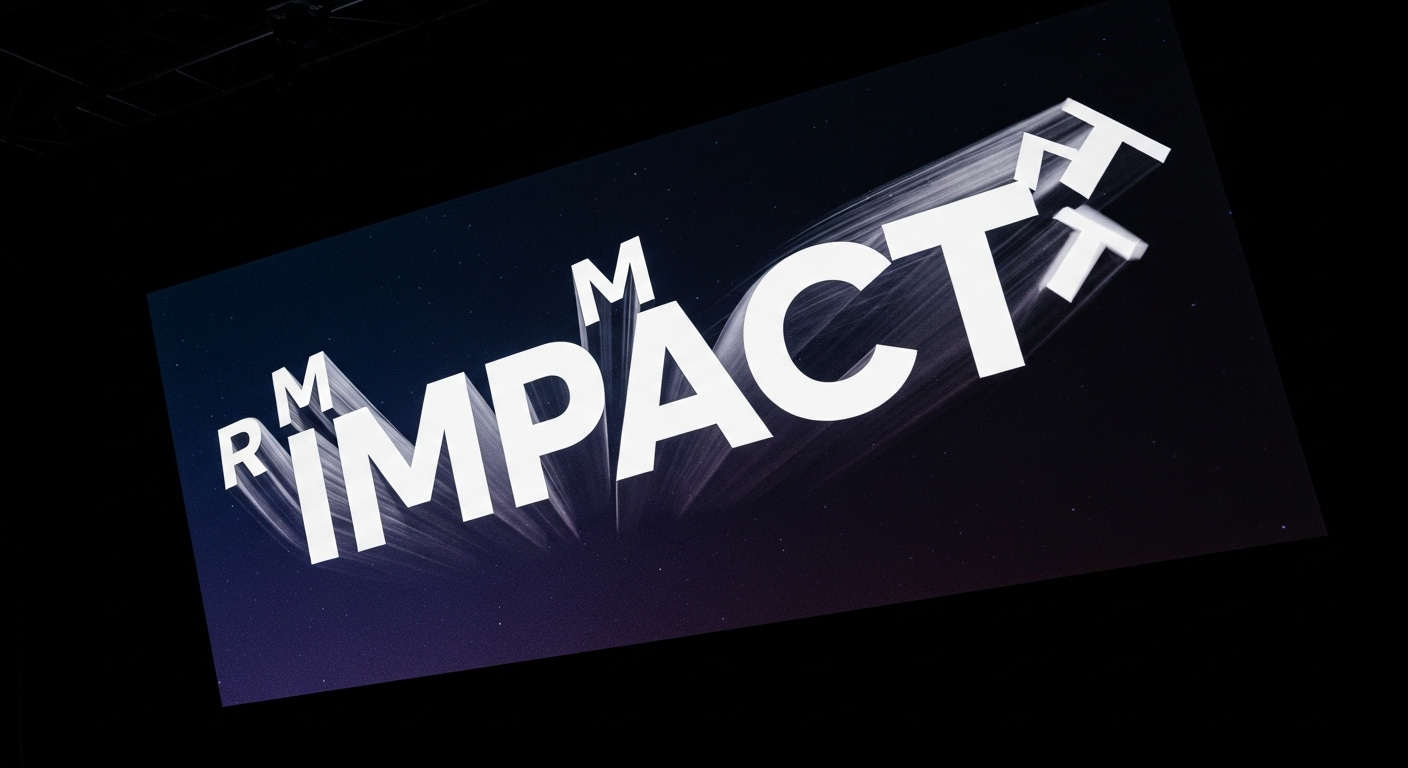Understanding Reverse Mortgages: A Financial Solution for Senior Homeowners
A reverse mortgage is a specialized loan product that allows homeowners aged 62 and older to convert their home equity into cash while maintaining ownership of their house. This financial tool has become increasingly popular among seniors seeking to supplement retirement income or manage unexpected expenses without selling their homes or making monthly mortgage payments.

Key Requirements for Qualifying for a Reverse Mortgage
To be eligible for a reverse mortgage, homeowners must meet specific criteria. The primary borrower must be at least 62 years old, own their home outright or have substantial equity, and use the property as their primary residence. Additionally, they must maintain the house, pay property taxes, and keep current on homeowner’s insurance to remain in good standing.
Understanding the Costs and Financial Implications
Like any financial product, reverse mortgages come with associated costs and considerations. Initial fees typically include origination charges, mortgage insurance premiums, and various closing costs. These expenses can be financed as part of the loan, reducing out-of-pocket expenses for seniors.
| Cost Type | Typical Range | Notes |
|---|---|---|
| Origination Fee | $2,500-$6,000 | Based on home value |
| Mortgage Insurance | 2% upfront, 0.5% annual | Of home value |
| Closing Costs | $1,000-$3,000 | Varies by location |
| Interest Rate | 3-7% | Variable or fixed |
Prices, rates, or cost estimates mentioned in this article are based on the latest available information but may change over time. Independent research is advised before making financial decisions.
Money Management and Distribution Options
Reverse mortgage proceeds can be received in several ways: as a lump sum, monthly payments, a line of credit, or a combination of these options. This flexibility allows seniors to customize their money distribution according to their specific financial needs and goals. The amount available depends on factors including age, home value, and current interest rates.
Impact on Home Ownership and Estate Planning
While a reverse mortgage provides access to home equity, it’s important to understand its long-term implications. The loan must be repaid when the last borrower moves out or passes away. This typically involves selling the house, though heirs can choose to keep the property by paying off the loan through other means. Understanding these aspects is crucial for effective estate planning.
A reverse mortgage can be a valuable financial tool for seniors who want to age in place while accessing their home equity. However, it requires careful consideration of personal circumstances, long-term goals, and family situations. Consulting with financial advisors and family members can help ensure this option aligns with overall retirement and estate planning strategies.





